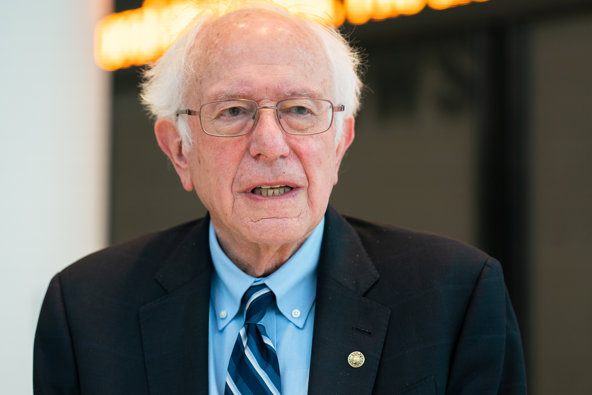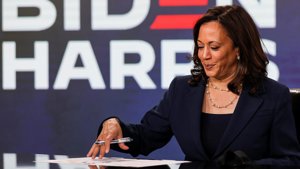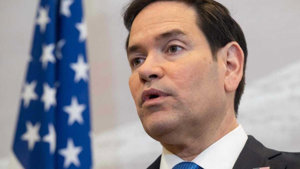
Sanders: Musk a Right-Wing Extremist
Bernie Sanders urges Democrats to shun Elon Musk after Trump feud, calling both men threats to democracy.
Sanders Rejects Cooperation with Musk After Fallout with Trump
Senator Bernie Sanders of Vermont sharply criticized Elon Musk on Sunday, labeling the tech billionaire a “right-wing extremist” and warning fellow Democrats against collaborating with him. His remarks came in response to the public rift between Musk and President Donald Trump, which has drawn widespread attention across political circles.
Speaking on CNN’s “State of the Union,” Sanders told host Dana Bash that the recent breakup between Musk and Trump underscored the dangers of an oligarchic system where billionaires wield disproportionate influence. “This is an embarrassment to people who believe in democracy,” Sanders said.
Musk, who previously stated that he “strongly supported Obama,” claimed in a 2022 social media post that the modern Democratic Party had been “hijacked by extremists.” When asked whether Democrats should now engage with Musk, Sanders firmly rejected the notion. “Over the years, he has developed into a right-wing extremist,” he said, dismissing Musk’s political evolution as a dangerous shift.
Sanders went on to describe the Musk-Trump conflict as a clash among oligarchs and a symptom of what he sees as a fundamentally corrupt campaign finance system. He recounted Musk’s claim that he spent $270 million to help elect Trump, a move Sanders argued illustrates how billionaires can buy elections in the current political framework.
“Musk said to Trump, ‘I bought you the presidency,’ and Trump responded by taking back control after disagreeing on a NASA appointment,” Sanders explained, adding that the situation reflects the corrosive effect of money in politics. He emphasized that such dynamics erode public faith in democracy and concentrate power in the hands of a few.
Musk’s Role in the Trump Administration Draws Scrutiny
Following Trump’s re-election, Musk became one of his most visible supporters, especially after the president survived an assassination attempt in Butler, Pennsylvania. Trump appointed Musk to lead the Department of Government Efficiency (DOGE), tasking him with rooting out waste and fraud across the federal government.
Despite discovering billions in potential cuts, Musk fell short of the trillion-dollar target he had set. His tenure at DOGE was marred by controversy, and criticism of his cost-cutting methods triggered backlash that affected his private business ventures. The relationship between Trump and Musk deteriorated further when the president withdrew the nomination of Jared Isaacman, a close Musk ally, to head NASA.
In retaliation, Musk publicly attacked Trump’s proposed budget legislation, calling it ineffective and later suggesting, without evidence, that the president’s name appears in the so-called Epstein files. The accusation was posted on X and later deleted. Trump responded by warning that Musk would face “very serious consequences” if he chose to support Democratic candidates moving forward.
When asked if Musk’s claim—that Trump won only because of his financial support—was valid, Sanders affirmed the point. He reiterated his stance that the current campaign finance system enables wealthy individuals to manipulate democratic outcomes and called for deep structural reform.
“This isn’t about Trump or Musk as individuals,” Sanders concluded. “It’s about restoring democracy and ending oligarchic control over our political system.”






